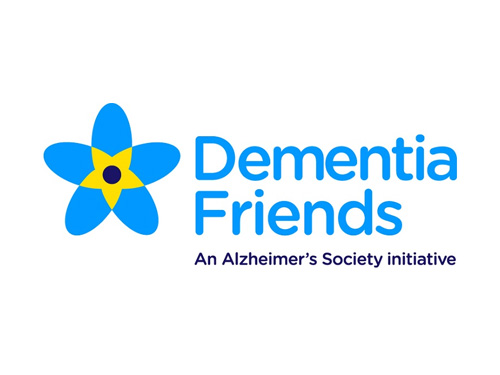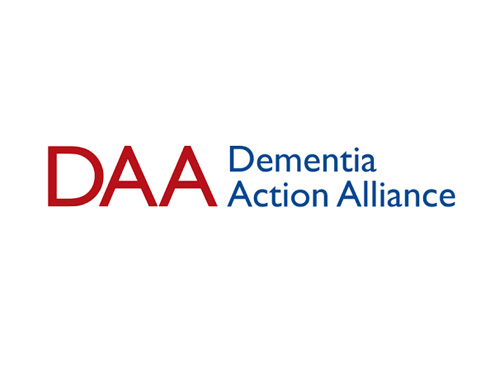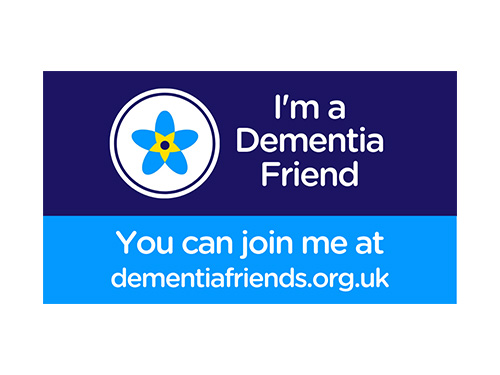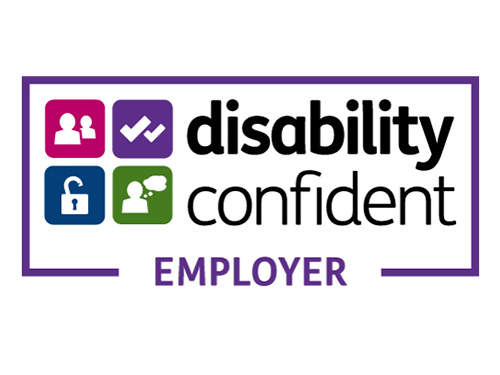We value your privacy
We use cookies to enhance your browsing experience, serve personalized ads or content, and analyze our traffic. By clicking "Accept All", you consent to our use of cookies.
We use cookies to help you navigate efficiently and perform certain functions. You will find detailed information about all cookies under each consent category below.
The cookies that are categorized as "Necessary" are stored on your browser as they are essential for enabling the basic functionalities of the site. ...
Necessary cookies are required to enable the basic features of this site, such as providing secure log-in or adjusting your consent preferences. These cookies do not store any personally identifiable data.
No cookies to display.
Functional cookies help perform certain functionalities like sharing the content of the website on social media platforms, collecting feedback, and other third-party features.
No cookies to display.
Analytical cookies are used to understand how visitors interact with the website. These cookies help provide information on metrics such as the number of visitors, bounce rate, traffic source, etc.
No cookies to display.
Performance cookies are used to understand and analyze the key performance indexes of the website which helps in delivering a better user experience for the visitors.
No cookies to display.
Advertisement cookies are used to provide visitors with customized advertisements based on the pages you visited previously and to analyze the effectiveness of the ad campaigns.
No cookies to display.
Contact Us Now To Discuss Your Care Requirements
At Intersection Healthcare, everyone is treated with dignity and respect. We are
committed to the principles of equality, diversity, and inclusion, and we
communicate this commitment to all stakeholders including our service
users, colleagues, care professionals, and clients.
Working to rigorous standards is a fundamental aspect of CQC registration. Rigorous standards encompass a comprehensive set of guidelines and requirements that are designed to ensure the well-being and safety of individuals receiving care. These standards cover various aspects, including the quality of care provided, the safety of the environment, the competence of staff, and the overall effectiveness of the services delivered.
Being COC registered instils confidence not only in Intersection Healthcare itself, but also in the individuals and families seeking care. It signifies a commitment to transparency, accountability, and continuous improvement. Rigorous standards act as a benchmark for excellence, encouraging us to strive for the highest levels of quality in our services.
Being COC registered demonstrates our dedication to promoting a culture of safety, dignity, and respect within our operations. This commitment extends to the training and development of our staff, the monitoring of care outcomes, and the implementation of feedback mechanisms to address any concerns promptly.
In summary, being CQC registered and working to rigorous standards is a clear indication of Intersection Healthcare’s dedication to providing quality care and services. It ensures that the highest standards of safety, effectiveness, and compassion are consistently met, fostering an environment that prioritises the well-being and satisfaction of those in need of care.
Intersection Healthcare will have a proactive and positive safety culture based on openness and honesty, in which concerns about our service and safety are listened to, events are investigated and reported thoroughly, and lessons are learned to continually identify and embed good practices. We will ensure Service Users are given a copy of the complaints policy as part of a Welcome Pack at commencement of service which will include the contact details for the CQC and Local Authority Ombudsman. The Policy will available in different formats in line with Accessible information (Al) standards to support Service Users with communication difficulties
Intersection Healthcare will ensure that our statutory duty to be open and honest with Service Users or their families when something goes wrong, or something appears to have caused or could lead to significant harm in the future, Duty of candour forms part of the training for all Staff at commencement of their employment with us and during refresher training and lessons learned from any incidents that may occur.
We will provide Service Users with information about the information sharing protocols we have in place with other Services and Agencies involved in their care, and the conditions under which we will share information and with who.
Intersection Healthcare’s communication policy and procedure identifies the following main principles of communication. All communications will be:
Intersection Healthcare understand any negative impact of our activities on the environment, and we strive to make a positive contribution in reducing it and support people to do the same. Intersection Healthcare seeks to create environment local champions to empower service users and staff to promote environmentally friendly behaviours such as recycling. Intersection Healthcare also seeks to join environmental bodies such as the Institute of Environmental Management and Assessment (IEMA) to draw on environment and sustainability related initiatives and to continue to deliver services in a safe environment.
1. Introduction
This is Intersection Healthcare’s Privacy Notice. As part of the services we offer, we are required to process personal data about our staff, our service users and, in some instances, the friends or relatives of our service users and staff. “Processing” can mean collecting, recording, organising, storing, sharing or destroying data.
We are committed to being transparent about why we need your personal data and what we do with it. This information is set out in this privacy notice. It also explains your rights when it comes to your data. If you have any concerns or questions please contact us: Sahara Mahad, Registered Manager, Intersection Healthcare Ltd, telephone: 0113 249 9929, email: h.sahara@intersectionhealtcare.com
Service Users
What data do we have?
So that we can provide a safe and professional service, we need to keep certain records about you. We may process the following types of data:
Why do we have this data?
We need this data so that we can provide high-quality care and support. By law, we need to have a lawful basis for processing your personal data.
We process your data because:
We have a legal obligation to do so – generally under the Health and Social Care Act 2012 or Mental Capacity Act 2005.
We process your special category data because
We may also process your data with your consent. If we need to ask for your permission, we will offer you a clear choice and ask that you confirm to us that you consent. We will also explain clearly to you what we need the data for and how you can withdraw your consent at any time.
Common law duty of confidentiality
In our use of health and care information, we satisfy the common law duty of confidentiality because:
Where do we process your data?
So that we can provide you with high quality care and support we need specific data. This is collected from or shared with:
We do this face to face, via phone, via email, via our website, via post, via application forms, via apps.
Third parties are organisations we might lawfully share your data with. These include:
2. National Data Opt-Out
We review our data processing on an annual basis to assess if the national data opt-out applies. This is recorded in our Record of Processing Activities. All new processing is assessed to see if the national data opt-out applies.
If any data processing falls within scope of the National Data Opt-Out we use MESH to check if any of our service users have opted out of their data being used for this purpose.
At this time, we do not share any data for planning or research purposes for which the national data opt-out would apply. We review all of the confidential patient information we process on an annual basis to see if this is used for research and planning purposes. If it is, then individuals can decide to stop their information being shared for this purpose. You can find out more information at https://www.nhs.uk/your-nhs-data-matters/.
3. Staff
What data do we have?
So that we can provide a safe and professional service, we need to keep certain records about you. We may record the following types of data:
We also record the following data which is classified as “special category”:
As part of your application you may – depending on your job role – be required to undergo a Disclosure and Barring Service (DBS) check (Criminal Record Check). We do not keep this data once we’ve seen it.
Why do we have this data?
We require this data so that we can contact you, pay you and make sure you receive the training and support you need to perform your job. By law, we need to have a lawful basis for processing your personal data.
We process your data because We have a legal obligation under UK employment law;
We process your special category data because
If we request your criminal records data it is because we have a legal obligation to do this due to the type of work you do. This is set out in the Data Protection Act 2018 and the Rehabilitation of Offenders Act 1974 (Exceptions) Order 1975. We do not keep a record of your criminal records information (if any). We do record that we have checked this.
We may also process your data with your consent. If we need to ask for your permission, we will offer you a clear choice and ask that you confirm to us that you consent. We will also explain clearly to you what we need the data for and how you can withdraw your consent.
Where do we process your data?
As your employer we need specific data. This is collected from or shared with:
We do this face to face, via phone, via email, via our website, via post, via application forms, via apps.
Third parties are organisations we have a legal reason to share your data with. These include:
What data do we have?
As part of our work providing high-quality care and support, it might be necessary that we hold the following information on you:
Why do we have this data?
By law, we need to have a lawful basis for processing your personal data.
We process your data because we have a legitimate business interest in holding next of kin and lasting power of attorney information about the individuals who use our service and keeping emergency contact details for our staff.
We may also process your data with your consent. If we need to ask for your permission, we will offer you a clear choice and ask that you confirm to us that you consent. We will also explain clearly to you what we need the data for and how you can withdraw your consent.
Where do we process your data?
So that we can provide high quality care and support we need specific data. This is collected from or shared with:
We do this face to face, via phone, via email, via our website, via post, via application forms, via apps.
Third parties are organisations we have a legal reason to share your data with. These may include:
4. Candidates
Personal data that we are likely to process about you includes:
Identity data such as your first name, middle names, last name, marital status, title, date of birth and gender.
We process most of your information on the grounds of our legitimate interests to determine whether or not we have a suitable vacancy for you.
If we obtain consent from you to the processing of your personal data, you can withdraw your consent at any time. This will not affect the lawfulness of any processing we carried out prior to you withdrawing your consent.
5. How do we store your personal information?
Your information is securely stored for the time periods specified in the Records Management Code of Practice. We will then dispose of the information as recommended by the Records Management Code for example we will:
Our Website
In order to provide you with the best experience while using our website, we process some data about you.
Your rights
The data that we keep about you is your data and we ensure that we keep it confidential and that it is used appropriately. You have the following rights when it comes to your data:
You may need to provide adequate information for our staff to be able to identify you, for example, a passport or driver’s licence. This is to make sure that data is not shared with the wrong person inappropriately. We will always respond to your request as soon as possible and at the latest within one month.
If you would like to complain about how we have dealt with your request, please contact:
Information Commissioner’s Office
Wycliffe House
Water Lane
Wilmslow
Cheshire
SK9 5AF
To find out about our services
Our friendly staff are always available to assist with your needs. If you need help or have
questions then please get in touch with us for more information.






